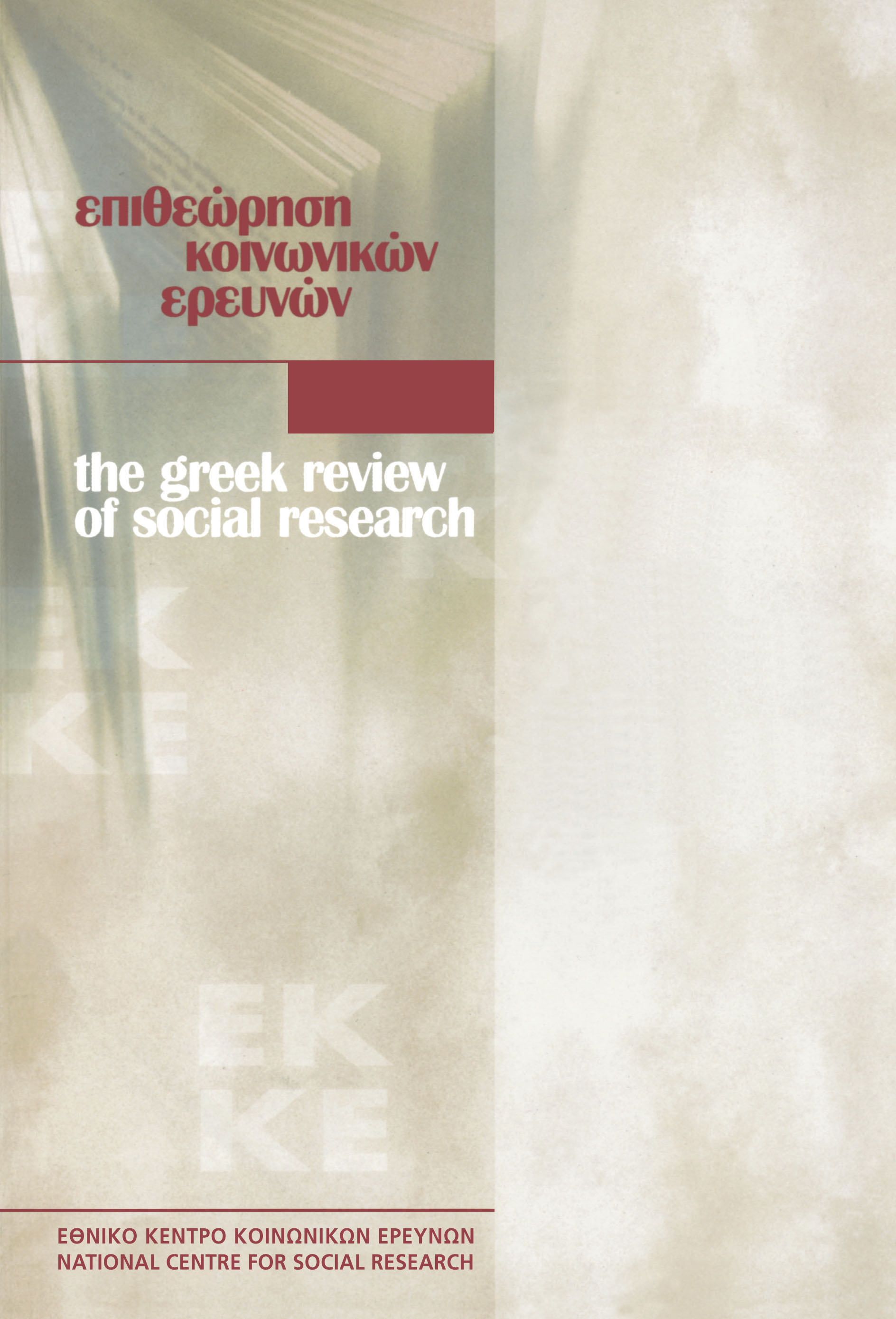Culinary tourism and rural development: exploring the dynamic of “the Greek Breakfast” initiative in Santorini
Περίληψη
During the last decade or so, culinary or food tourism has gained a prominent place in "special interest tourism" literature. It is widely believed that the (re)connection of tourist rural areas with their local agrifood base can contribute to sustainable and secure development away from the malfunctions of the prevalent mass tourism model. The paper explores the actual and potential interface between tourism and the local agrifood sector in Santorini, a small Mediterranean island and a major tourist destination, by examining the challenges and opportunities from the implementation of the "Greek Breakfast" initiative. The results of fieldwork research have revealed several impediments that hinder the project. Among other challenges, the absence of a coherent network of collaboration and communication among various stakeholders and the weak recognition of the benefits of food tourism by several local actors seem to be the more crucial ones.
Λεπτομέρειες άρθρου
- Πώς να δημιουργήσετε Αναφορές
-
Skordili, S., & Tsakopoulou, K. (2019). Culinary tourism and rural development: exploring the dynamic of “the Greek Breakfast” initiative in Santorini. Επιθεώρηση Κοινωνικών Ερευνών, 152, 209–227. https://doi.org/10.12681/grsr.21716
- Τεύχος
- 2019: 152
- Ενότητα
- Άρθρα

Αυτή η εργασία είναι αδειοδοτημένη υπό το CC Αναφορά Δημιουργού – Μη Εμπορική Χρήση 4.0.
Οι συγγραφείς των άρθρων που δημοσιεύονται στην Επιθεώρηση Κοινωνικών Ερευνών διατηρούν τα δικαιώματα πνευματικής ιδιοκτησίας επί των άρθρων τους, δίνοντας στο περιοδικό το δικαίωμα της πρώτης δημοσίευσης. Άρθρα που δημοσιεύονται στην Επιθεώρηση Κοινωνικών Ερευνών διατίθενται με άδεια Creative Commons 4.0 και σύμφωνα με την άδεια μπορούν να χρησιμοποιούνται ελεύθερα, με αναφορά στο/στη συγγραφέα και στην πρώτη δημοσίευση για μη κερδοσκοπικούς σκοπούς.
Το Εθνικό Κέντρο Κοινωνικών Ερευνών διατηρεί το δικαίωμα να δημοσιεύει, να αναπαραγάγει, να παρουσιάζει στο κοινό, να διανέμει και χρησιμοποιεί άρθρα που δημοσιεύονται στην Επιθεώρηση Κοινωνικών Ερευνών σε οποιοδήποτε μέσο και μορφή είτε μεμονωμένα είτε ως μέρη συλλογικών έργων, για όλο τον χρόνο διάρκειας προστασίας της πνευματικής ιδιοκτησίας και για όλες τις χώρες του κόσμου. Αυτό περιλαμβάνει ενδεικτικά και όχι αποκλειστικά το δικαίωμα δημοσίευσης των άρθρων σε τεύχη της Επιθεώρησης Κοινωνικών Ερευνών, αναπαραγωγής και διανομής μεμονωμένων αντιγράφων των άρθρων, αναπαραγωγής ολόκληρων των άρθρων σε άλλη έκδοση του Εθνικού Κέντρου Κοινωνικών Ερευνών, καθώς και αναπαραγωγής και διανομής των άρθρων ή περίληψης αυτών με χρήση πληροφορικού συστήματος αποθετηρίου.



